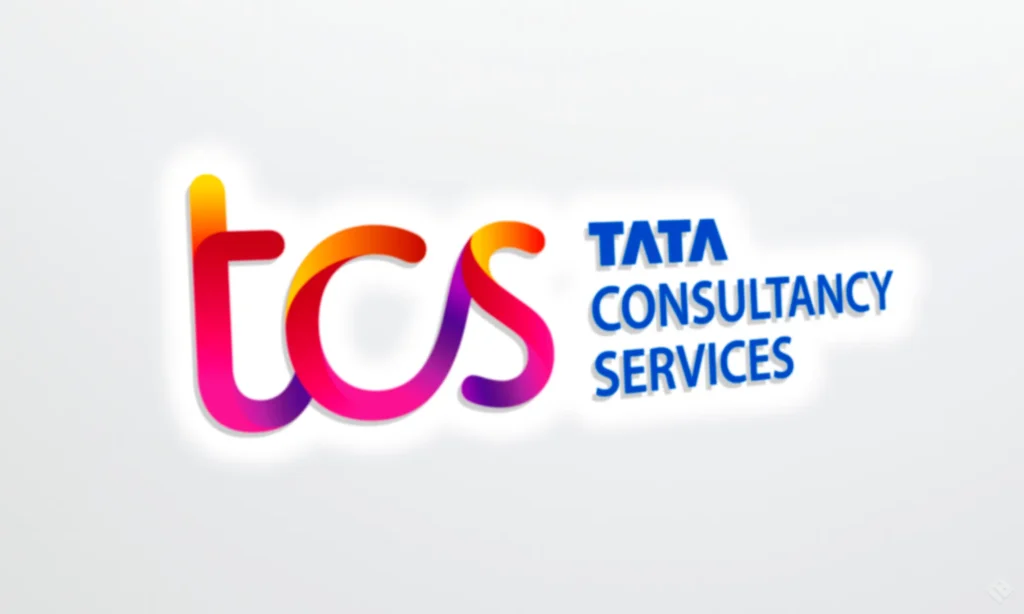The recent Anthropic copyright lawsuit verdict has sparked fresh debate about how AI uses creative works for training. As you might expect, this legal fight sets a significant tone for future AI and creative rights. Many creators feared AI companies like Anthropic were unfairly using books to train their systems. Now that Anthropic won, the industry watches what happens next. If you’re curious, this event could influence how Claude AI copyright case talks evolve worldwide.
Authors and publishers argued Anthropic’s models relied on copyrighted books without permission. However, the court sided with Anthropic, citing fair use and innovation. This decision mirrors the broader AI fair use ruling trend, which aims to balance creators’ rights with AI’s hunger for data. Although this ruling calms one storm, more challenges are brewing. So who owns words fed to generative AI? Many authors feel uneasy, fearing their work fuels tools they never agreed to support.
Supporters say the outcome boosts the tech sector’s legal confidence. Because they believe training AI on large text collections drives smarter models for everyone. Still, the Anthropic vs authors lawsuit leaves concerns about how book training data fits evolving copyright law. Should there be clearer consent or compensation models? After all, writers shape our knowledge. But modern machines rely on massive amounts of data to learn and reason. Therefore, striking that balance is no easy task.
Interestingly, this court decision joins other global efforts to refine copyright law generative AI guidelines. From the U.S. to Europe, lawmakers hurry to modernize old frameworks. They want fairness for creators yet flexibility for innovation. Meanwhile, some artists hope new licensing tools will protect their work better. So readers like you might wonder, will your favorite author’s book appear in a future AI’s brain? Or will courts draw lines that keep AI fair and creative?
This Anthropic copyright lawsuit outcome will echo for years to come. It reminds us that AI’s rapid rise must respect creativity’s timeless roots. For more details on the background and legal angles, you can read trusted coverage on Reuters or The Verge. Moreover, curious minds can follow the next steps as similar cases appear worldwide.
What do you think? Should tech companies get free rein over vast book collections? Or do authors deserve new safeguards? At nomiBlog.com, we unpack these issues, share updates, and invite your voice into the debate. From book training data AI legal updates to the latest Claude AI copyright case, you’ll find what you need to stay informed.
Stay tuned and share your thoughts. Because this ruling proves AI’s future and creativity’s roots must grow together, carefully and thoughtfully.
More from AI
20 National Security Experts Urge Trump Administration to Restrict Nvidia H20 Sales to China
A group of 20 national security experts has urged the Trump administration to block Nvidia from selling H20 chips to …
YouTube’s adding fresh tools that make creating Shorts simpler and a bit more playful
YouTube Shorts AI Tools just got more exciting. These new AI tools for YouTube Shorts help users create fun videos …
5 Ways ChatGPT Agent Changes Everything You Do
It started quietly, like many tech revolutions do. Then, the ChatGPT Agent arrived—and everything changed. Before long, tasks that once …
















